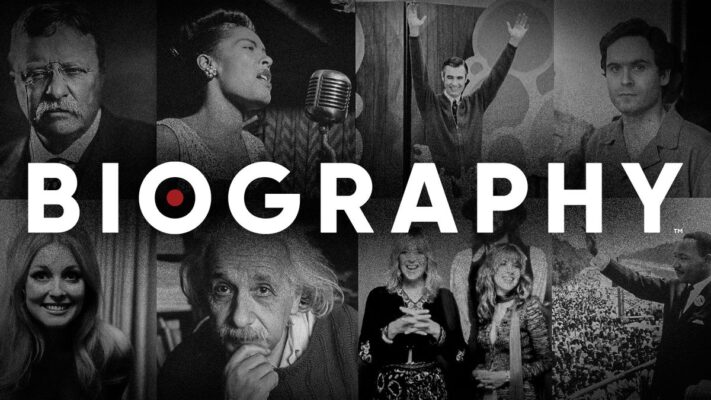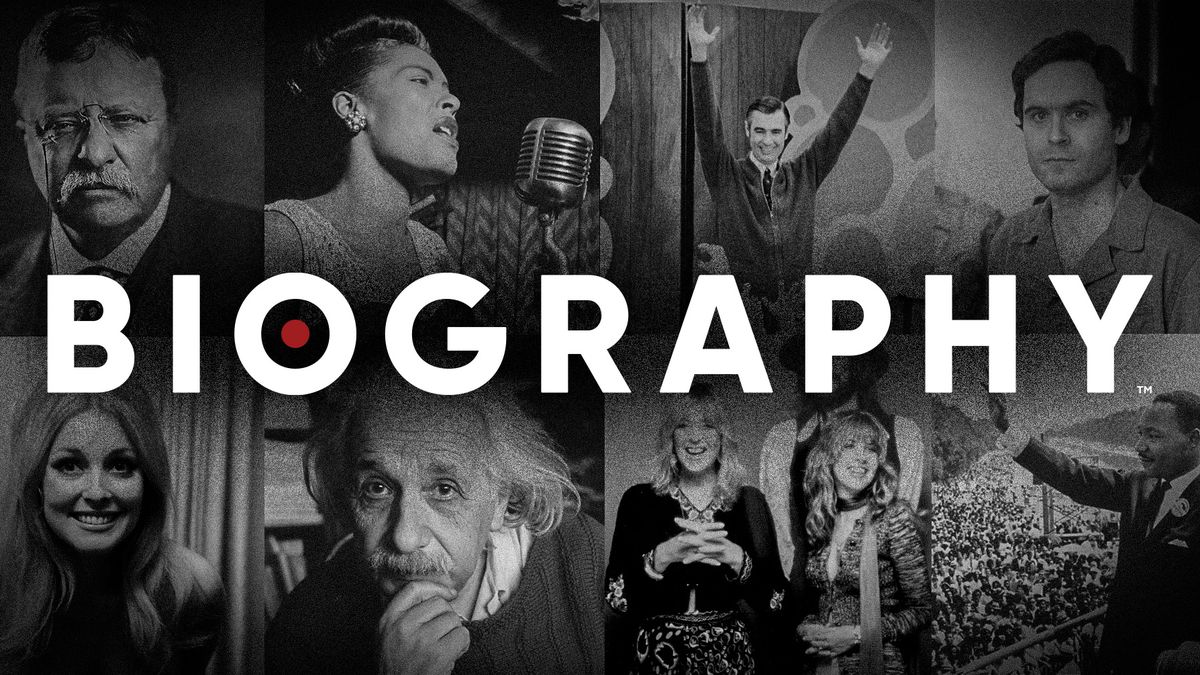Biografi Berasal dari Bahasa
Introduction
Biographies have always captivated us. They are windows into the lives of others, allowing us to walk in their shoes, if only for a moment. But have you ever wondered where the word “biography” comes from? Understanding its origins and evolution can deepen our appreciation for this fascinating literary form.
What is a Biography?
A biography is a detailed account of a person’s life, written by someone else. It goes beyond mere facts to weave a narrative that captures the essence of the subject’s experiences, challenges, and achievements. The purpose of writing biographies often extends beyond mere documentation; it’s about sharing stories that can inspire, educate, and sometimes entertain readers.
Origins of the Word “Biography”
The term “biography” is a blend of two Greek words: “bios” meaning life, and “graphia” meaning writing. This etymological combination literally translates to “writing about life.” The word has been used for centuries to describe the genre of literature focused on narrating the lives of individuals.
The Greek Roots
The Greek influence on the word biography is significant. “Bios” signifies life in all its forms, while “graphia” implies recording or writing. This combination highlights the essence of what biographies aim to achieve: to record and narrate the life stories of people. Greek literature, rich with historical and philosophical texts, laid the groundwork for biographical writing.
Evolution of Biographical Writing
Ancient Biographies
The earliest biographies were often about saints and heroes, meant to celebrate their virtues and deeds. Works like Plutarch’s “Parallel Lives” compared Greek and Roman figures, providing moral lessons through their stories.
Medieval Biographies
During the medieval period, biographies continued to focus on religious figures, but there was also a shift towards royalty and nobility. These works were often commissioned to glorify the subjects and legitimize their rule.
Modern Biographies
The modern era brought a more nuanced approach to biographical writing. Writers began to explore the psychological and personal aspects of their subjects, providing a more rounded and humanized view of their lives.
Significance of Biographies in History
Biographies serve as valuable historical documents, offering insights into the lives of influential figures and the times they lived in. They help us understand the past through personal stories, making history more relatable and vivid.
Biographies Across Cultures
Western Biographical Traditions
In the West, biographical traditions have been heavily influenced by historical and literary giants such as Plutarch, Samuel Johnson, and James Boswell. These works often emphasize individual achievements and personal virtues.

Eastern Biographical Traditions
In the East, biographical writing also has a rich heritage, with works like “The Twenty-Four Histories” in China, which document the lives of emperors and notable figures. These biographies often emphasize moral lessons and collective cultural values.
Famous Biographies and Their Impact
Classical Biographies
Works like “Plutarch’s Lives” have been studied for centuries for their rich insights into Greek and Roman history. These biographies provide valuable lessons on leadership, morality, and human nature.
Modern Biographies
Books like “Steve Jobs” by Walter Isaacson have brought the lives of contemporary figures into focus, showing how personal traits and life choices shape success and influence society.
The Art of Writing a Biography
Writing a biography is an art that requires meticulous research and a delicate balance between factual accuracy and engaging storytelling. Biographers must immerse themselves in their subject’s world, piecing together their life story from various sources.
Challenges in Writing Biographies
One of the biggest challenges in writing a biography is maintaining objectivity while presenting an honest portrayal. Ethical considerations, such as respecting the subject’s privacy and avoiding sensationalism, are crucial.
Biography vs. Autobiography
While a biography is written by someone else, an autobiography is written by the subject themselves. Autobiographies offer an intimate, first-person perspective, but may lack the objectivity that a biographer can provide.
Digital Age and Biographies
The digital age has revolutionized how we access and write biographies. Online databases and social media provide a wealth of information, making it easier to research and share life stories. However, this also raises questions about privacy and the accuracy of online information.
Educational Value of Biographies
Biographies are powerful educational tools. They provide real-life examples of how people navigate challenges and achieve their goals, making them excellent resources for learning and personal development. Schools often include biographies in their curricula to teach history, ethics, and critical thinking.
Biographies in Popular Culture
Biographical stories have permeated popular culture, from biopics and documentaries to biographical novels. These mediums bring the lives of historical and contemporary figures to a broad audience, often sparking interest in the subjects’ lives and times.
Conclusion
The appeal of biographies is timeless. They offer a deep, personal look into the lives of others, allowing us to learn, empathize, and be inspired. Whether you’re a history buff or just curious about the lives of others, biographies provide a rich and rewarding reading experience.
FAQs
What makes a biography compelling?
A compelling biography combines thorough research, engaging storytelling, and a deep understanding of the subject’s life and times. It should provide new insights and present the subject’s story in a way that resonates with readers.
How accurate are biographies?
The accuracy of a biography depends on the biographer’s research and integrity. While some biographies strive for factual accuracy, others may take creative liberties for storytelling purposes. It’s essential to consider the sources and context when evaluating a biography’s accuracy.
Can anyone write a biography?
Yes, anyone with the dedication and research skills can write a biography. However, crafting a well-rounded and engaging biography requires a deep understanding of the subject and the ability to tell their story compellingly.
What is the oldest known biography?
One of the oldest known biographies is the “Epic of Gilgamesh,” which dates back to ancient Mesopotamia. While not a biography in the modern sense, it recounts the life and adventures of the historical king Gilgamesh.
How do biographies influence society?
Biographies can shape our understanding of history, inspire change, and provide role models. They highlight the achievements and struggles of individuals, offering lessons and insights that can influence societal values and behaviors.

